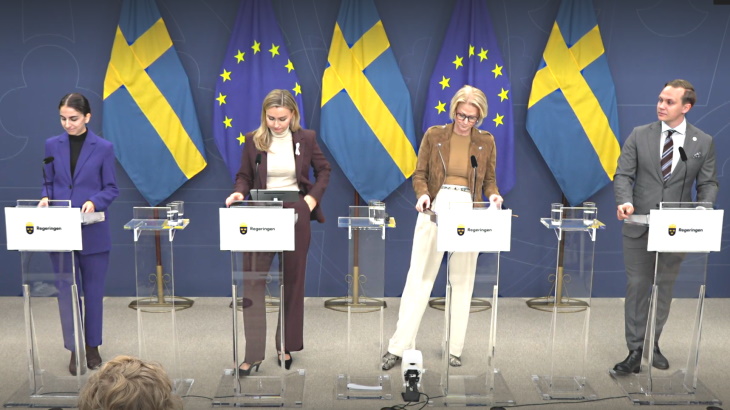"Investments in nuclear power are made over a very long term," the government said. "Nuclear reactors take a long time to get in place and they are then to be operated for decades when the need for further investments may arise. At the same time, the role of nuclear power is an issue where the political view has sometimes shifted over time. This means that investments will not be made due to the risk that future political decisions will force a phase-out."
Anne Vadasz Nilsson has now been appointed as special investigator and will submit proposals on the right to compensation in the event that political decisions lead to the decommissioning of a nuclear reactor. The assignment is based on an agreement between the ruling coalition government and the Sweden Democrats.
Among other things, she will: propose who should be eligible for compensation; propose the type of political decision for which there should be a right to compensation; analyse the extent to which compensation should be paid for investments that have begun in new nuclear power reactors that have been canceled due to political decisions before the reactor has been put into operation; propose a model for calculating compensation; submit proposals on how the compensation should be financed; and submit necessary legislative proposals or other proposals for regulation.
The assignment must be submitted in an interim report no later than 29 June 2026, and the final report no later than 1 December 2026.
"As an owner of a nuclear power plant, you should not have to worry that politics will pull the rug out from under new nuclear power," said Minister of Energy and Enterprise Ebba Busch. "A new right to compensation can increase security for owners and lead to more investments in Swedish nuclear power."
Minister of Finance Elisabeth Svantesson added: "A robust and fossil-free electricity supply is crucial for households' financial security and the opportunity to create jobs and growth in Sweden. Now we are ensuring step by step that new nuclear power can come into place, by creating the long-term rules of the game that are required for long-term investments."
"Large investments are made to build nuclear power," said Minister of Climate and Environment Romina Pourmokhtari. "The financial risks taken to build new nuclear power need to be insured against political whims, which is why a system for compensation is needed."
"Now we are making it more difficult to shut down today's or future nuclear power with political decisions," said Tobias Andersson, business policy spokesperson for the Sweden Democrats.
In October 2022, Sweden's incoming centre-right coalition government adopted a positive stance towards nuclear energy. In November 2023, it unveiled a roadmap which envisages the construction of new nuclear generating capacity equivalent to at least two large-scale reactors by 2035, with up to 10 new large-scale reactors coming online by 2045. A new act on state aid entered into force on 1 August, since when interested companies have been able to apply for the aid.







_97013.jpg)
_51413.jpg)






